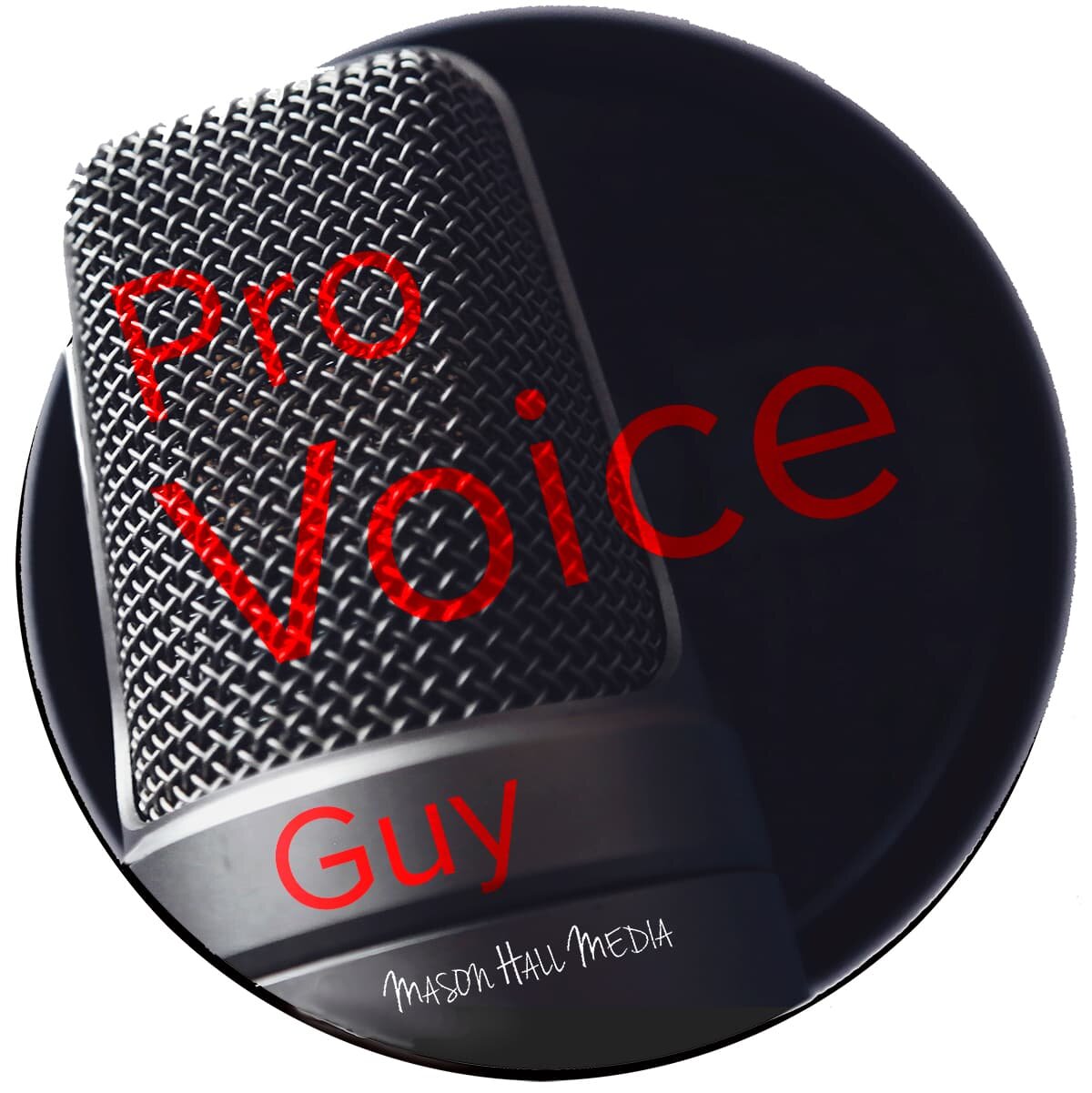Finding the Right Podcast Recording Space
Finding the best podcast recording space is a critical part of having a great podcast. Still, this is one thing I notice people don't think much about. When I ask people, "where are you going to record your podcast?" they often respond with, "what do you mean?" I think they understand the question. It is just that they don't know why it is important.
Most podcasters don't have any training in audio or acoustics. Still, I think most people can tell the difference between a podcast that sounds good and one that doesn't. Great-sounding podcasts have audio that sounds crisp and clear. Poor-sounding shows often sound echoey, muffled, or otherwise hard to listen to. People can't often name what sounds poor about the audio. They just know it is hard to listen to.
90% of the time, when a podcast doesn't sound great, it is mostly about the space it was recorded in. When we get started in podcasting, many of us think about equipment: getting the right mic, headphones, and software. However, it makes more sense to spend more time and effort working on your space.
Podcast Acoustics: Why Does Space Matter?
The space you use to record your podcast matters because of something called acoustics. When I bring up acoustics, I am not inviting us to stroll into the world of physics. I am referring to the softer science of how sound can be impacted by the qualities of the room. According to that realm of acoustics, the room characteristics can determine how things sound using words like audibility or fidelity.
If you are able, try this experiment.
Start singing. Pick a song that you can belt out but maybe one with some soft parts. Now start walking around your house. Don't miss the shower and that whole bathroom. Bedroom, kitchen, garage, whatever you go. If you have a walk-in closet, be sure to go in there.
That was fun. I hope you took video, so maybe someone will get to see precisely what that looks and sounds like.
“The short version of why this matters? Some spaces, due to their acoustics, are better for recording someone talking.”
Did you hear the difference in the different spaces? You might start to get an idea of what this could mean for recording. You probably had lots of echo (reverb) in the bathroom or garage. If you had the chance to go in the closet, you might have felt like the sound was being sucked up. The notes barely got out of your mouth before decaying into silence.
The short version of why this matters? Some spaces, due to their acoustics, are better for recording someone talking. For the most part, spoken dialogue is easier to listen to via an electronic reproduction if recorded in a space more like your closet than your bathroom. If you have been listening to podcasts for a while, you probably heard a podcast that sounded like it was recorded in the bathroom.
Without resorting to moving into a closet (which is not always a horrible idea), we can find ways to make the space we have sound better. But first, there is something else we have to deal with: noise.
Podcast Noise: The World is Pretty Loud
The more you listen, the louder the world gets. While writing this, I am in my studio with the door partially open. I can hear the ceiling fan, which needs to be turned off if I am recording. Through the door, I can hear my son watching TV down the hall. I can also hear the dishwasher running. Even though I have sound treatment covering my windows, I can hear a car alarm, a leaf blower, and a plane. You won't ever hear these things on my recording because I can turn off the fan, close the door and wait for the car alarm, leaf blower, and plane to go away.
It actually gets more challenging when recording a podcast because, especially if you have guests, you don't want to stop every time something starts making noise. You could just push through the noise, but you risk whatever it is ruining your audio. I have had to turn podcasts off because a car alarm was going off, they didn't stop, and the noise is unbearable. Some podcasters send me this stuff and ask me to fix it. Sometimes with a lot of software power and some experience, I can at least tone it down. Sometimes, not so much.
Fixing Things
Most people who read this blog aren't ready to spend thousands (or maybe tens of thousands) creating the perfect studio. In one build, you could lock out the external noise and perfectly tune the acoustics inside. If you are spending that kind of cash, please drop me a line. I would love to hear what you are doing. For everyone else, we are just going to try for some mitigation. No matter your space to budget, there is usually something we can figure out to make things sound better.
Ordinarily, eliminating sounds from coming into space is a separate process from dampening the sound inside. But we will do some things that have at least a moderate impact on your sound.
As mentioned earlier, we are going for something that sounds more like the closet than the bathroom. The way we do this is by adding stuff. What we are trying to do is eliminate echo. Echo is just sound bouncing around the room. Every time it reflects, it gets to your ear later. You hear the sound once coming directly to your ear. But that sound keeps going and may bounce off a wall and come back just a tiny bit later. Sometimes it keeps going and hits another wall and then bounces back to your ear. This gets even more complicated when, instead of ears, we have a microphone. These waves will get converted to electronic impulses and then 0s and 1s. In short: It sounds bad.
If we add some stuff, we can eliminate some, most of, or pretty much all the echo. Add things to your room. At first, anything soft without harsh angles. So, don't add a giant wood table. Instead, add a carpet, a couch, a chair. If you want to go another step, find something to use to cover any windows. If there are any large, flat surfaces, hang blankets or carpets.
These tips will certainly not professional soundproof or sound condition your space. Some sound is still going to get in, and some will still bounce around inside and create echo. But it may make a big difference in the sound of your podcast. There are certainly more things you can do to a space without spending a ton of money. There are some great options, from acoustical foam all the way up to adding a sound barrier and another layer of sheetrock. But just a few changes may be good enough, and there are a lot of other great DIY ideas out there.
I listen to a few podcasts where the sound is far from perfect. Still, when content is good enough, and the sound is good enough to not distract from the content, that is usually enough.
Figure This Out Now, Save Heartache Later
Many folks decide where they want to record their podcast, get it all set up, and then realize it sounds horrible. That leads to a lot of work trying to make the space sound better. If we start by picking the space based on acoustics, we may have the chance to save ourselves a lot of work.
Microphones: Sure. Yes. There is Actually More You Can Do.
We haven't even discussed how choosing the right hardware and software can help mitigate any minor sound issues with your space. In the next post, we will see how the type of microphone you choose will impact your sound.
Sure. There is Other Stuff to Think About
Okay. I am pretty obsessed with sound. You might want a desk, chair, or light or something else.
Good luck finding your space!



